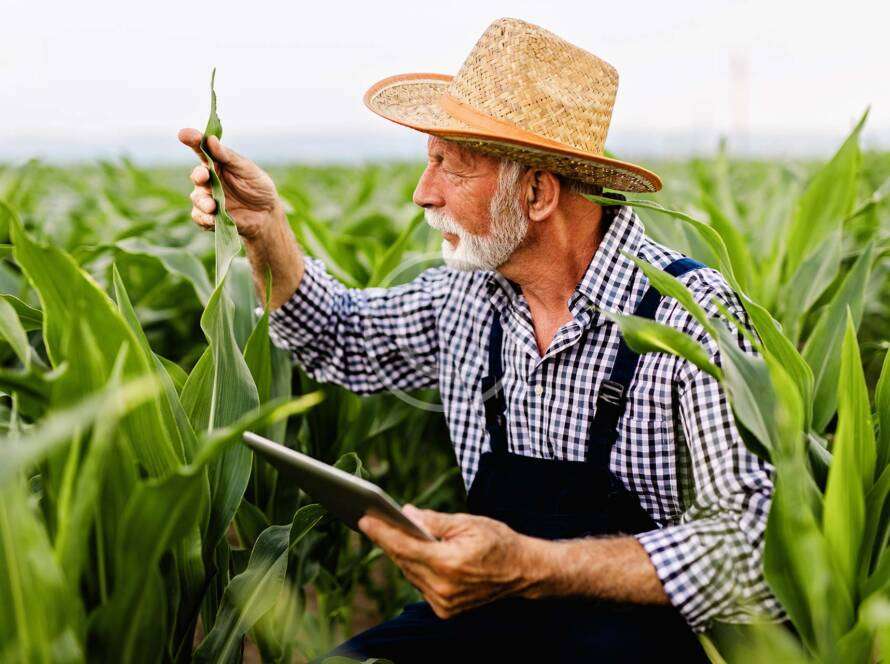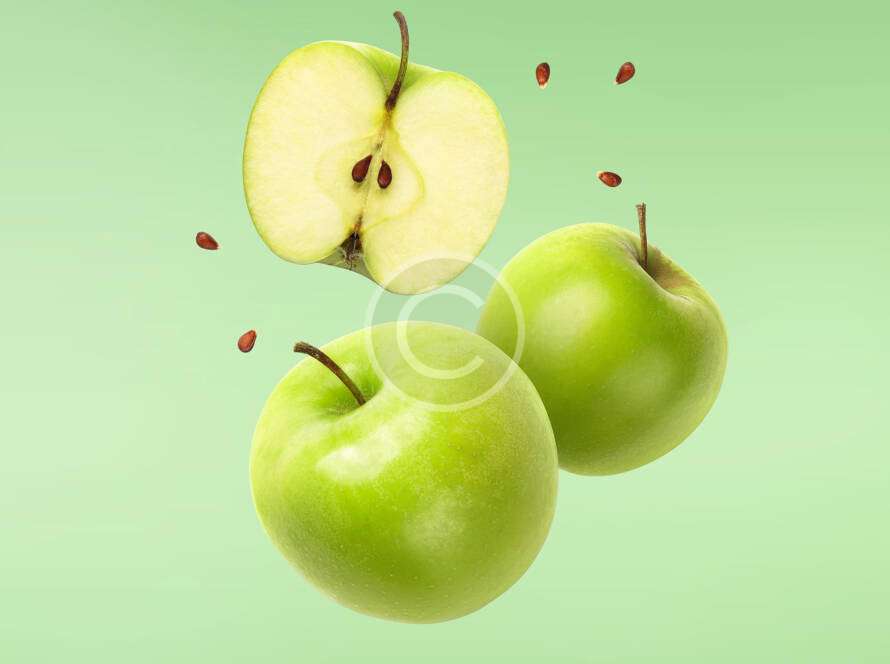Selecting the right dairy cow breed is a critical decision for organic dairy farmers. Holstein and Jersey cows represent two of the most popular breeds, each with unique characteristics that impact milk production, farm economics, and overall organic farming success.
Understanding the Breeds
Holstein Cows
Holstein cattle are the most recognized dairy breed worldwide:
- Origin: Originated in North Holland and Friesland regions of the Netherlands
- Distinctive black and white coloration
- Largest dairy breed globally
- Known for high milk volume production
Jersey Cows
Jersey cattle bring their own set of distinctive characteristics:
- Origin: Developed on the Isle of Jersey, Channel Islands
- Smaller, light brown to dark brown coloration
- Known for exceptionally rich milk
- Adaptable to various farming environments
Milk Production Characteristics
Holstein Milk Production
- Average milk yield: 23,000-25,000 pounds per year
- Lower butterfat content: 3.5-3.7%
- Lower protein percentage: 3.1-3.2%
- Suited for volume-based production
Jersey Milk Production
- Average milk yield: 16,000-18,000 pounds per year
- Higher butterfat content: 4.5-5.5%
- Higher protein percentage: 3.7-4.0%
- Emphasis on milk quality over quantity
Organic Production Considerations
Advantages of Holstein Cows
- Higher overall milk volume
- More efficient feed conversion
- Lower per-unit production costs
- Better suited for large-scale organic operations
- More adaptable to varied climates
- Longer productive lifespan
Advantages of Jersey Cows
- Superior milk quality
- Higher nutritional value per liter
- More efficient conversion of feed to milk solids
- Lower environmental impact
- Better suited to smaller, diversified organic farms
- More resilient to heat stress
Economic Analysis
Holstein Economic Factors
- Lower milk price per liter
- Higher production volumes
- More consistent milk output
- Lower initial investment per cow
- More standardized breeding programs
Jersey Economic Factors
- Premium pricing for high-quality milk
- Lower feed requirements
- Reduced veterinary and maintenance costs
- Better suited for artisanal and specialty markets
- Higher value-added milk products
Organic Farming Suitability
Holstein in Organic Production
- Requires more intensive management
- Higher feed and nutritional demands
- More challenging to maintain in strict organic systems
- Better for large-scale organic operations
- Needs more careful health management
Jersey in Organic Production
- Naturally more adaptable to organic farming principles
- Lower environmental footprint
- More efficient pasture utilization
- Better for smaller, sustainable farms
- More resilient to organic farming constraints
Health and Welfare Considerations
Holstein Cow Characteristics
- More prone to metabolic disorders
- Higher potential for milk production stress
- Requires more intensive veterinary care
- Less natural foraging behavior
- Higher maintenance requirements
Jersey Cow Characteristics
- More robust overall health
- Lower incidence of metabolic issues
- Better natural grazing capabilities
- More efficient immune response
- Lower stress levels in organic systems
Breeding and Genetic Considerations
Holstein Genetics
- Extensive breeding for milk volume
- More standardized genetic lines
- Developed for industrial milk production
- Less genetic diversity
Jersey Genetics
- Focused on milk quality and efficiency
- More diverse genetic background
- Better adaptation to varied environments
- Stronger natural breeding characteristics
Environmental Impact
Holstein Environmental Footprint
- Higher water consumption
- More significant feed requirements
- Greater greenhouse gas emissions
- Less efficient land use
Jersey Environmental Footprint
- Lower water and feed requirements
- Reduced greenhouse gas emissions
- More efficient land utilization
- Better integration with sustainable farming practices
Conclusion
The choice between Holstein and Jersey cows for organic production depends on:
- Farm size and scale
- Local market demands
- Environmental conditions
- Economic goals
- Specific organic farming approach
Both breeds offer unique advantages, and the optimal choice varies based on individual farm circumstances. Successful organic dairy farming requires careful consideration of breed characteristics, local conditions, and specific production goals.
Disclaimer: Actual performance may vary based on individual farm management, local climate, and specific breeding lines.



